-
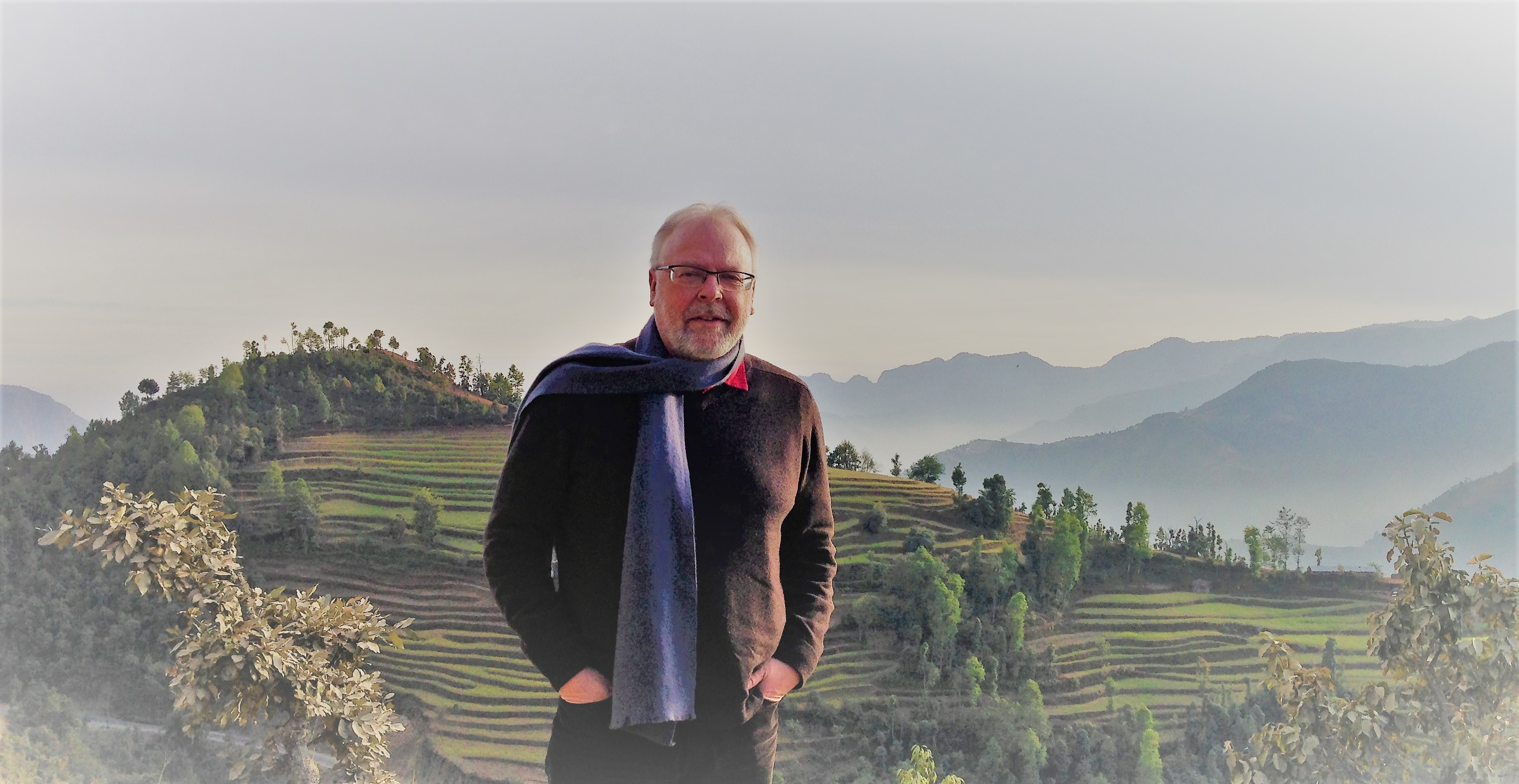
THE WEBSITE OF BJØRN FØRDE
For more than four decades, I have worked with development and democracy all over the world, and I intend to continue this work through ‘FØRDE 4 DIALOGUE’. The next photos will tell you why.
-
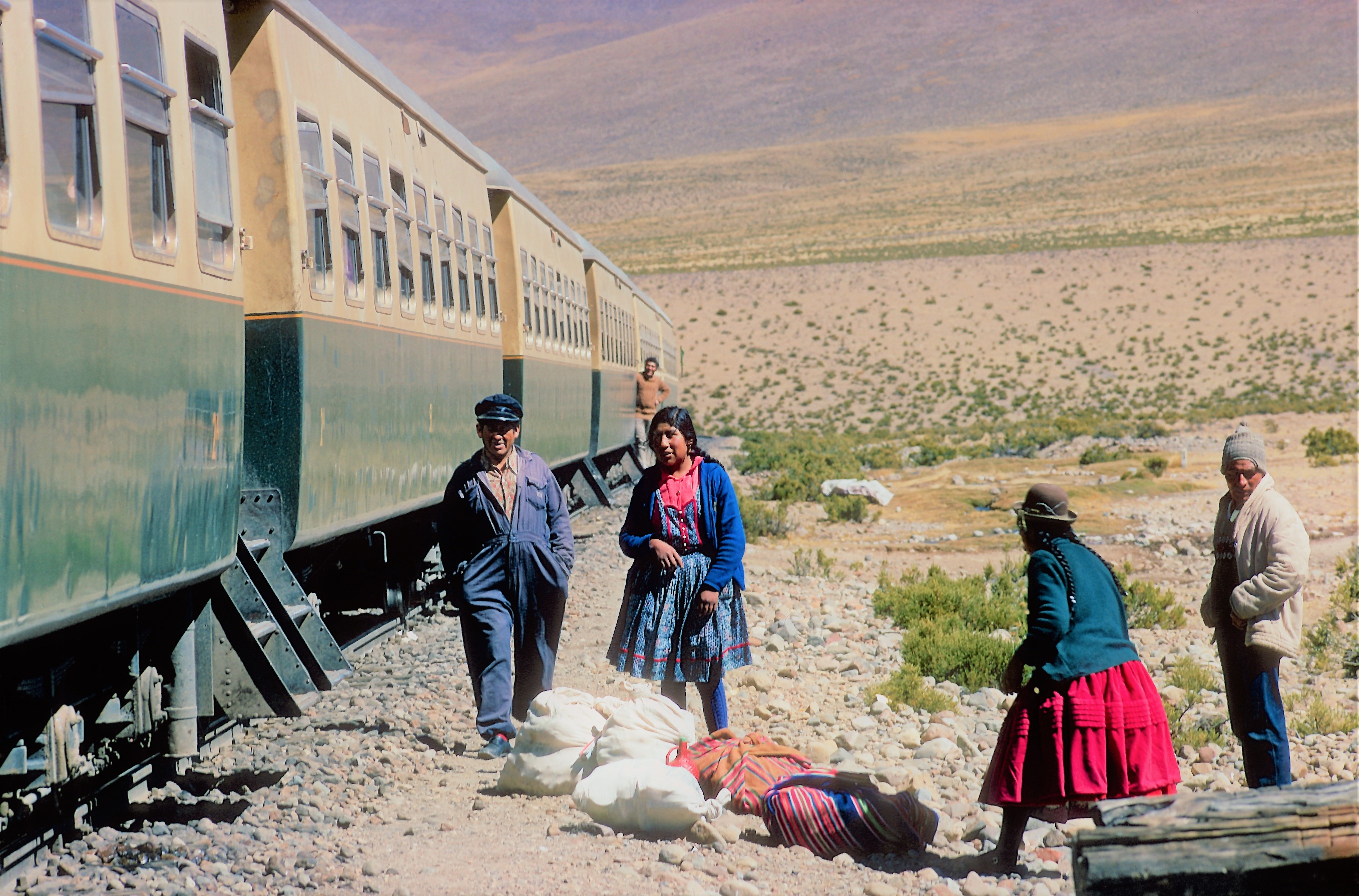
IT ALL STARTED IN LATIN AMERICA
My interest for development started with Latin America in the 60s and 70s, when many countries were run by the military. I travelled through Peru, Bolivia and Chile by train and bus to get a sense of the continent.
-
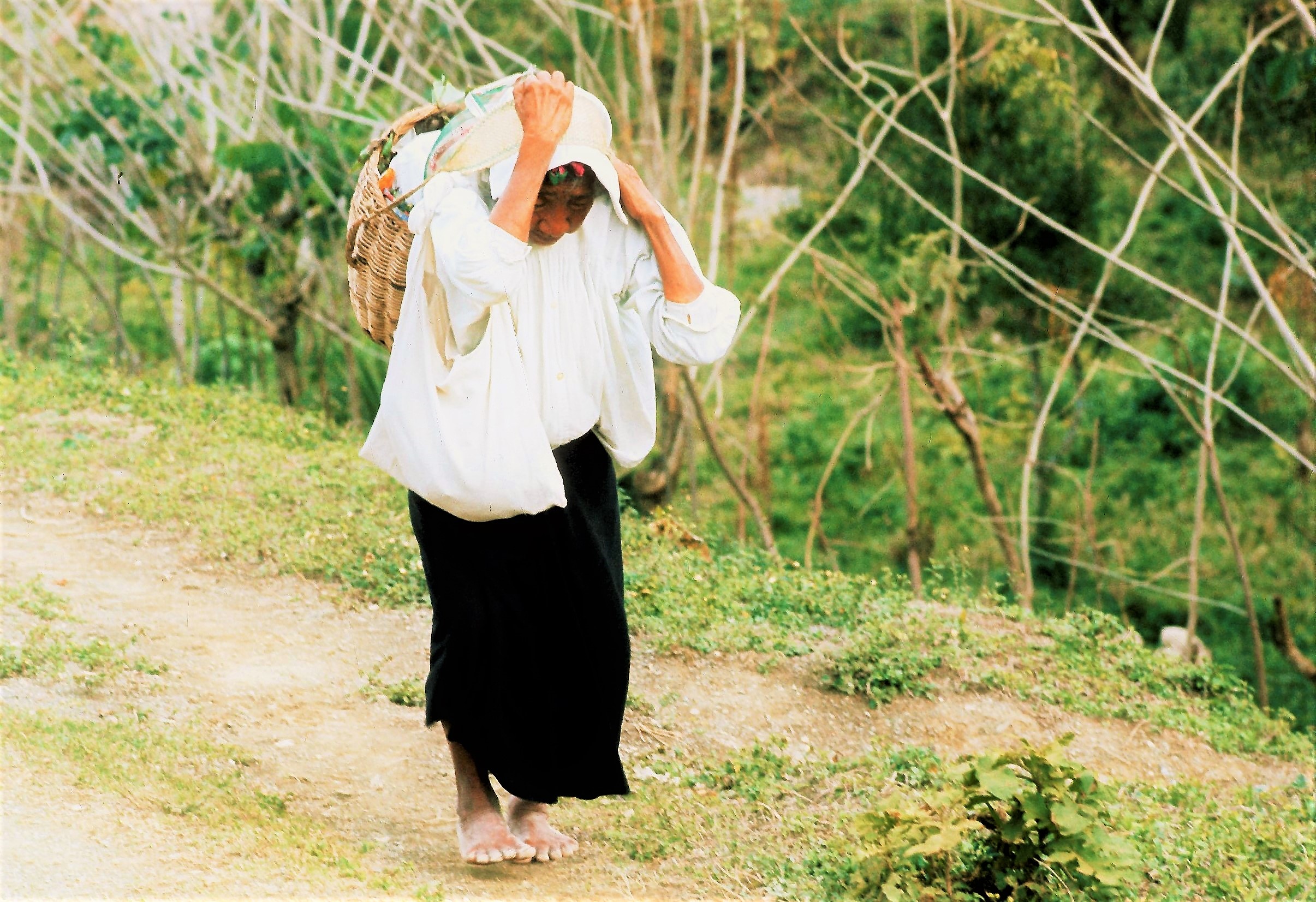
LIFE IN A VILLAGE IN MEXICO
This woman from the village of Tamapatz in Mexico was on the cover of one of my first books for children in 1980. I felt it was important to tell Danish children about how people in the South live their lives.
-

THE STRUGGLE FOR FREEDOM
Meeting people in the Andean mountains of Peru and Bolivia also inspired me to write several novels and short stories for children and youth, about the struggle for survival and freedom.
-
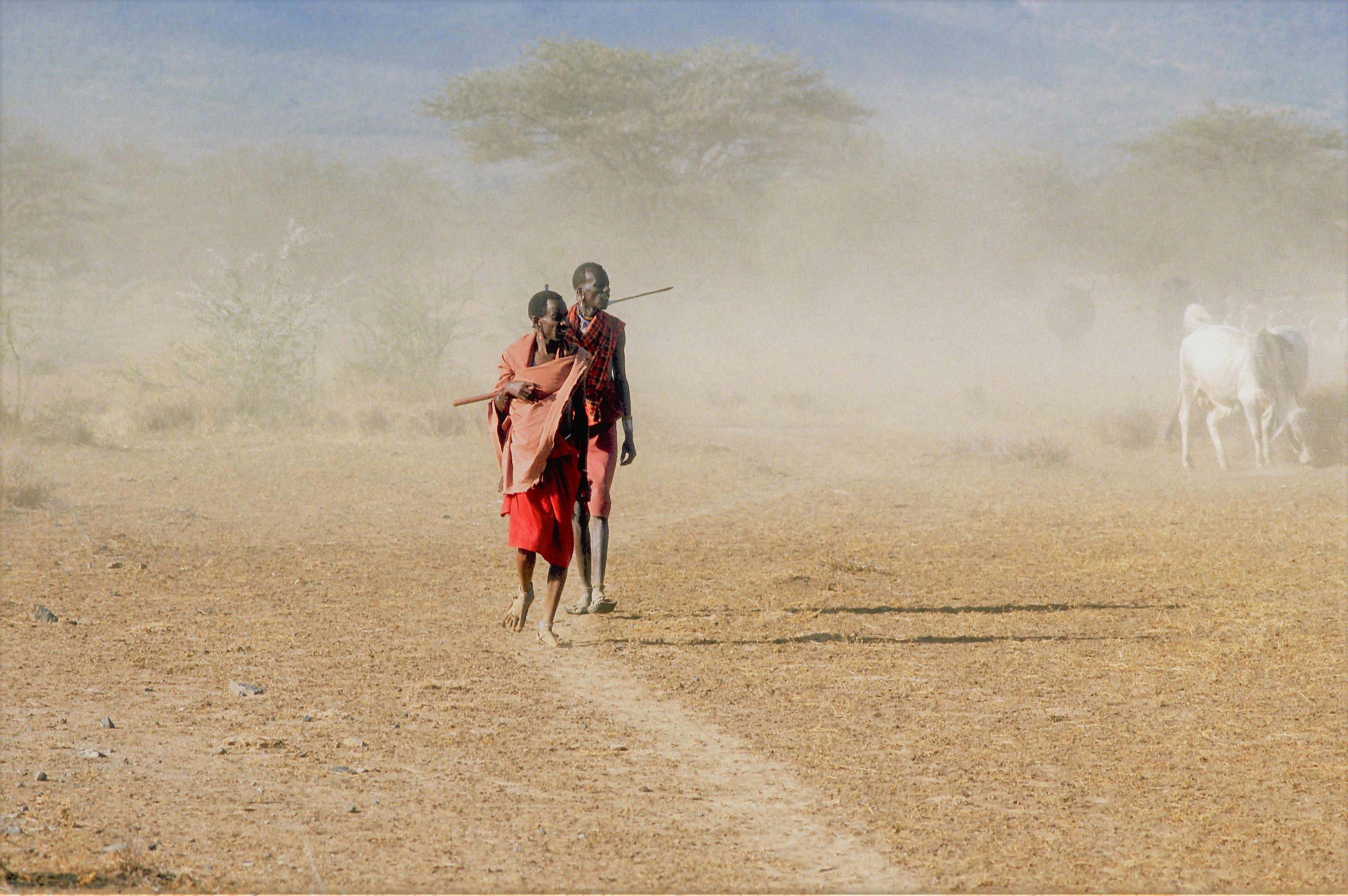
OUR COMMON FUTURE?
Towards the end of the 1980s, many became concerned with our environment. The UN published a report on Our Common Future, and my photo from Tanzania was the cover on the Danish edition.
-
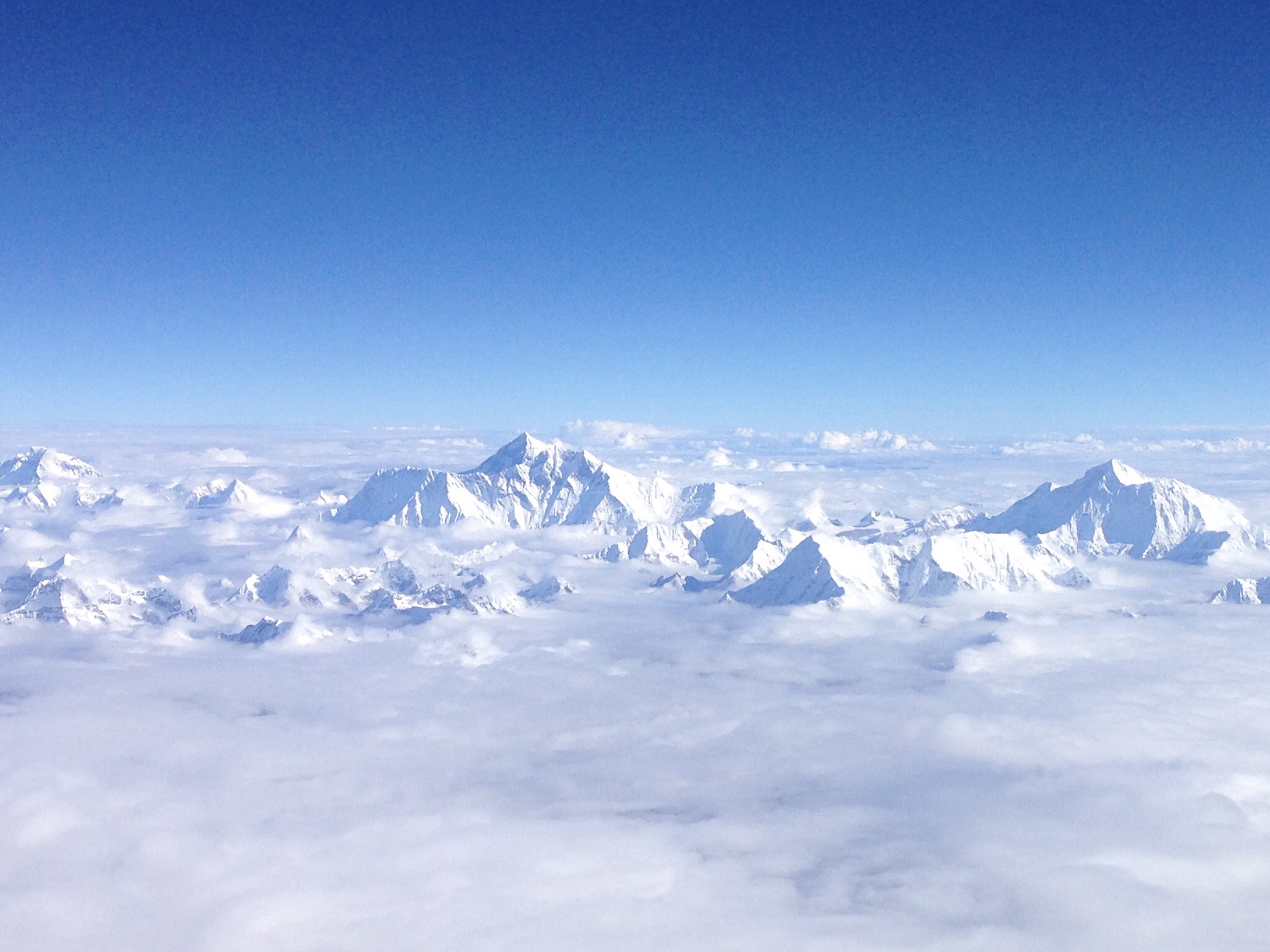
OUR PLANET IS STILL THREATENED
Political leaders have failed to provide the leadership needed to protect our planet. We cannot be sure that future generations will have this view of the Himalaya Mountains that I have been fortunate to experience.
-
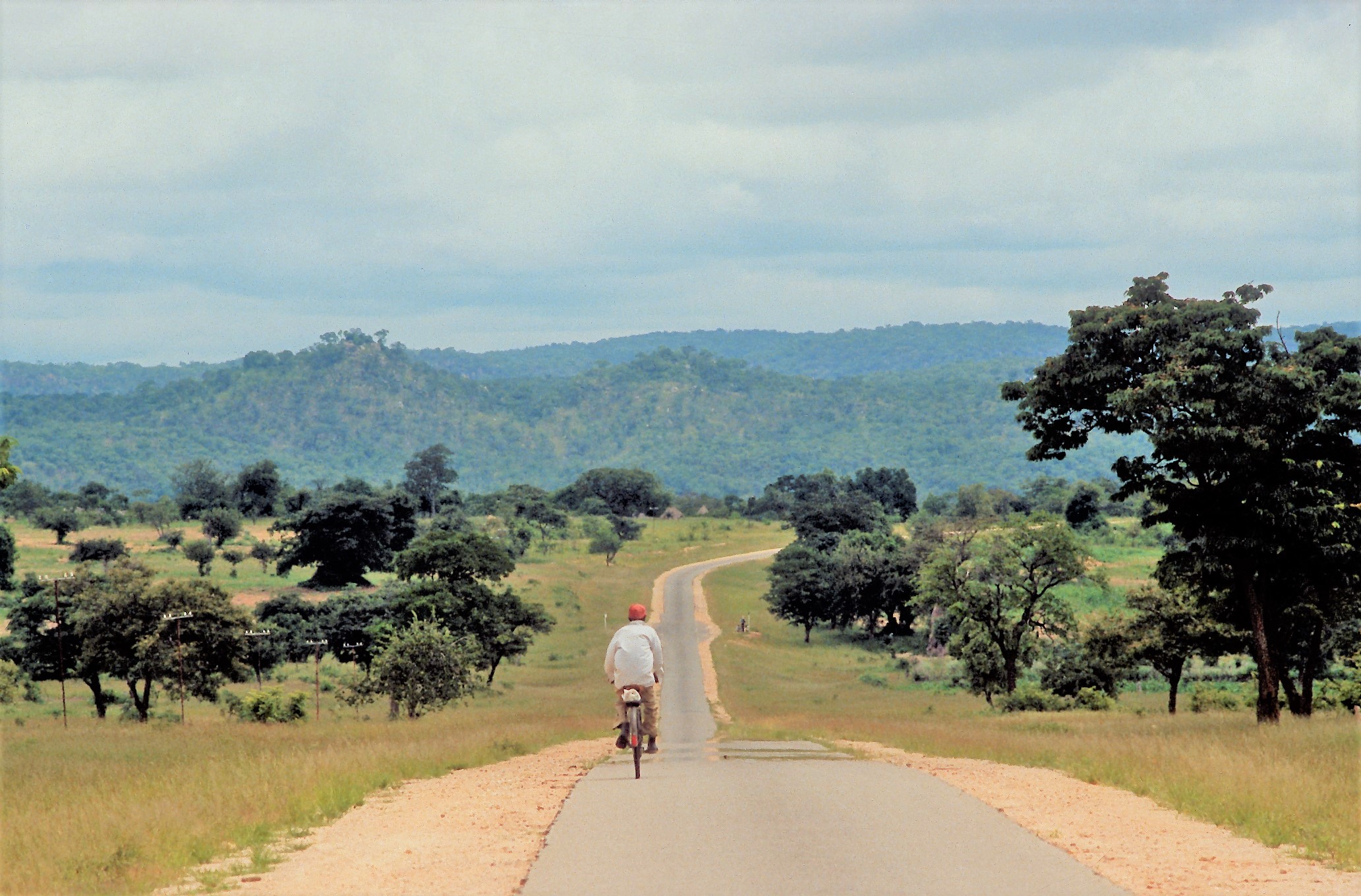
AFRICA BECAME MY SECOND HOME
In 1980, I visited Zimbabwe for the first time, and this was the beginning of a close relationship with countries and people I feel close to. Later I lived in Zimbabwe and Botswana for several years.
-
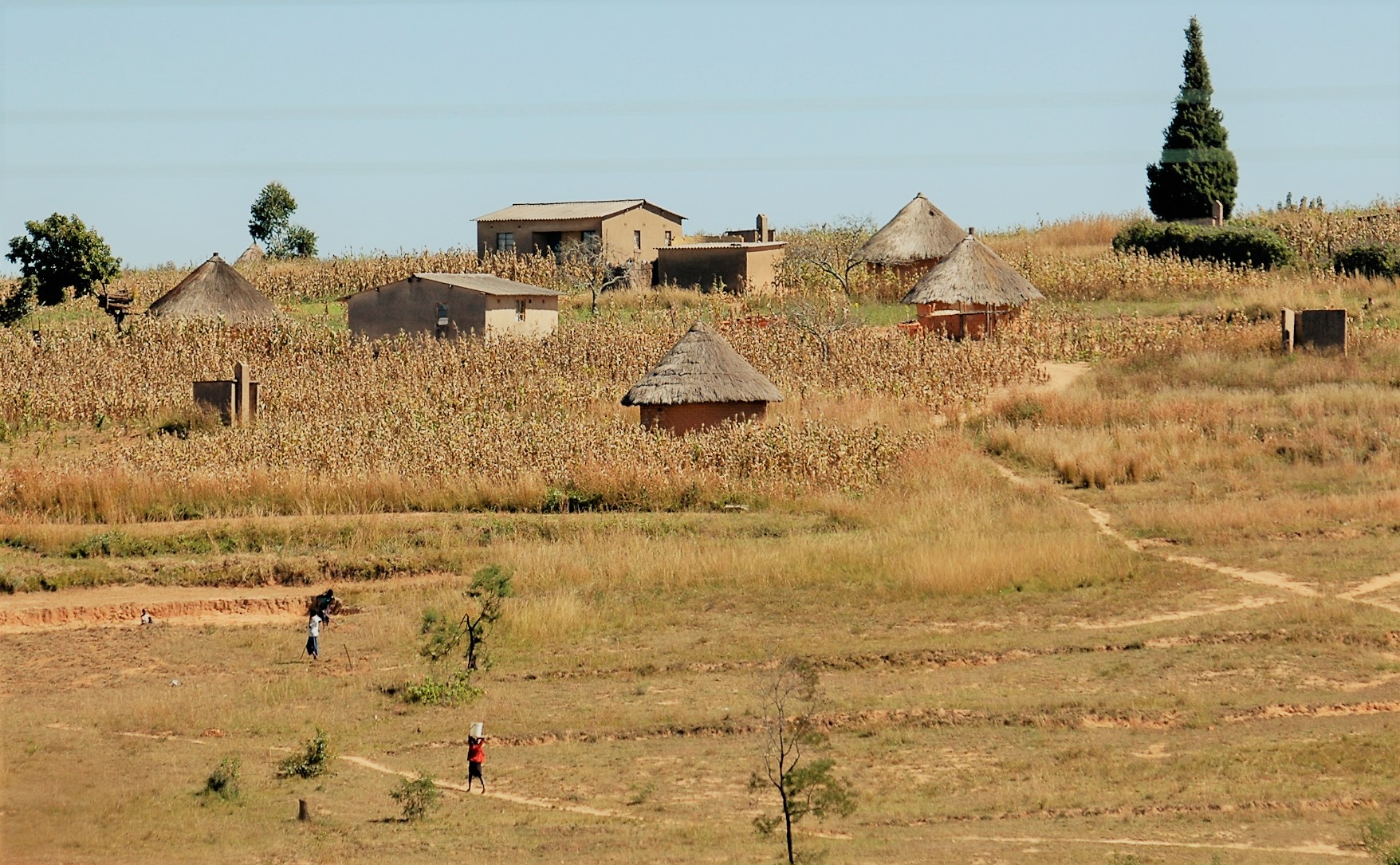
DEVELOPMENT NEEDS DEMOCRACY
Right after independence in 1980, Zimbabwe developed very well. Today, people in rural areas are as poor as 30 years ago. One reason is the lack of democracy and rule of law, and lots of corruption.
-

EDUCATION KEY TO DEVELOPMENT
Natural resources are often important for a society to grow, but we know from our own development that education is equally im-portant. Today, most children go to school, but the quality is not always good enough.
-
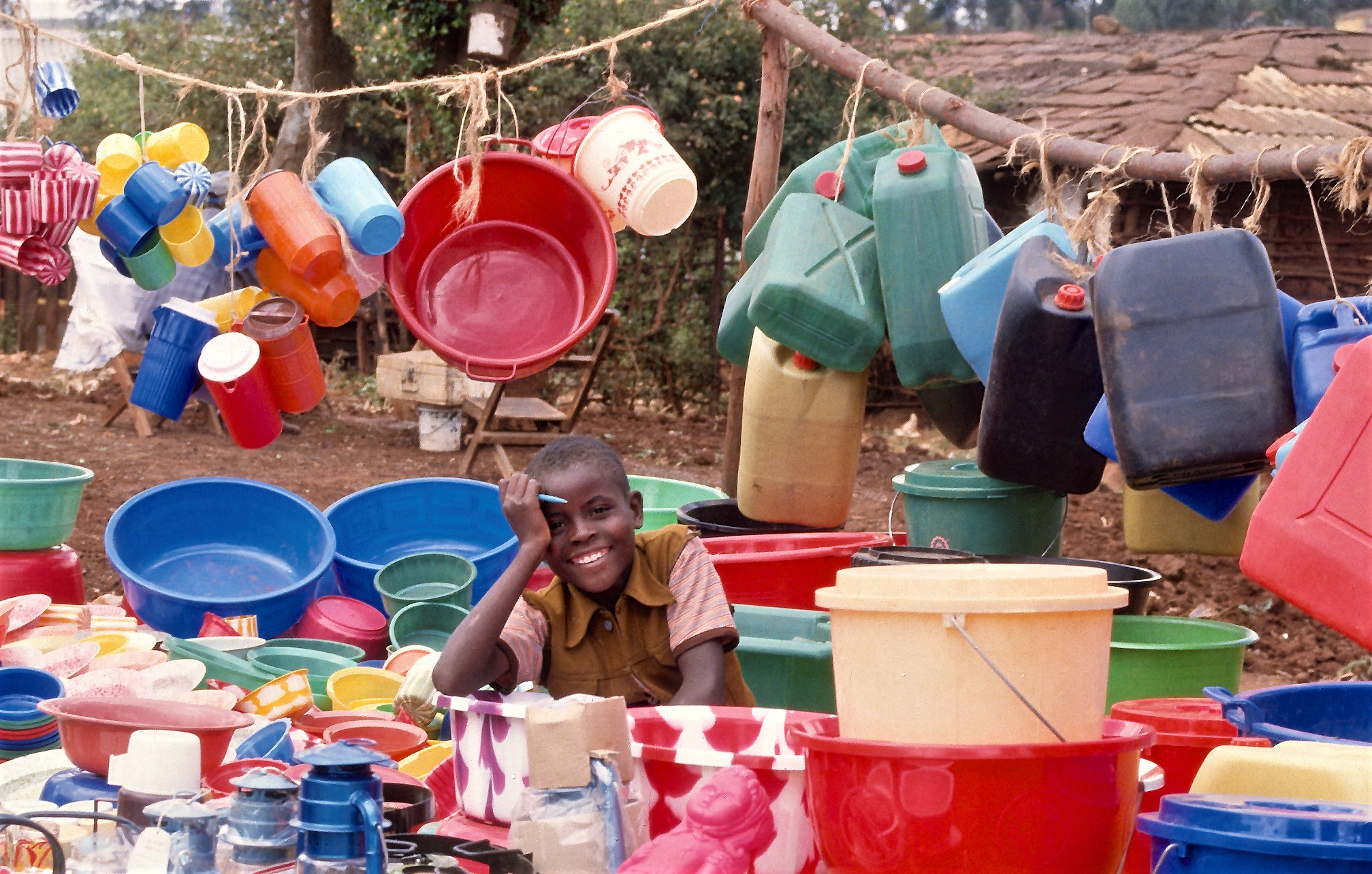
SURVIVAL IN THE INFORMAL SECTOR
Unfortunately, more and more educated young people leave school without hope of getting a job. Maybe they can eke out a living in the informal sector. Maybe they will look for a job in another country.
-
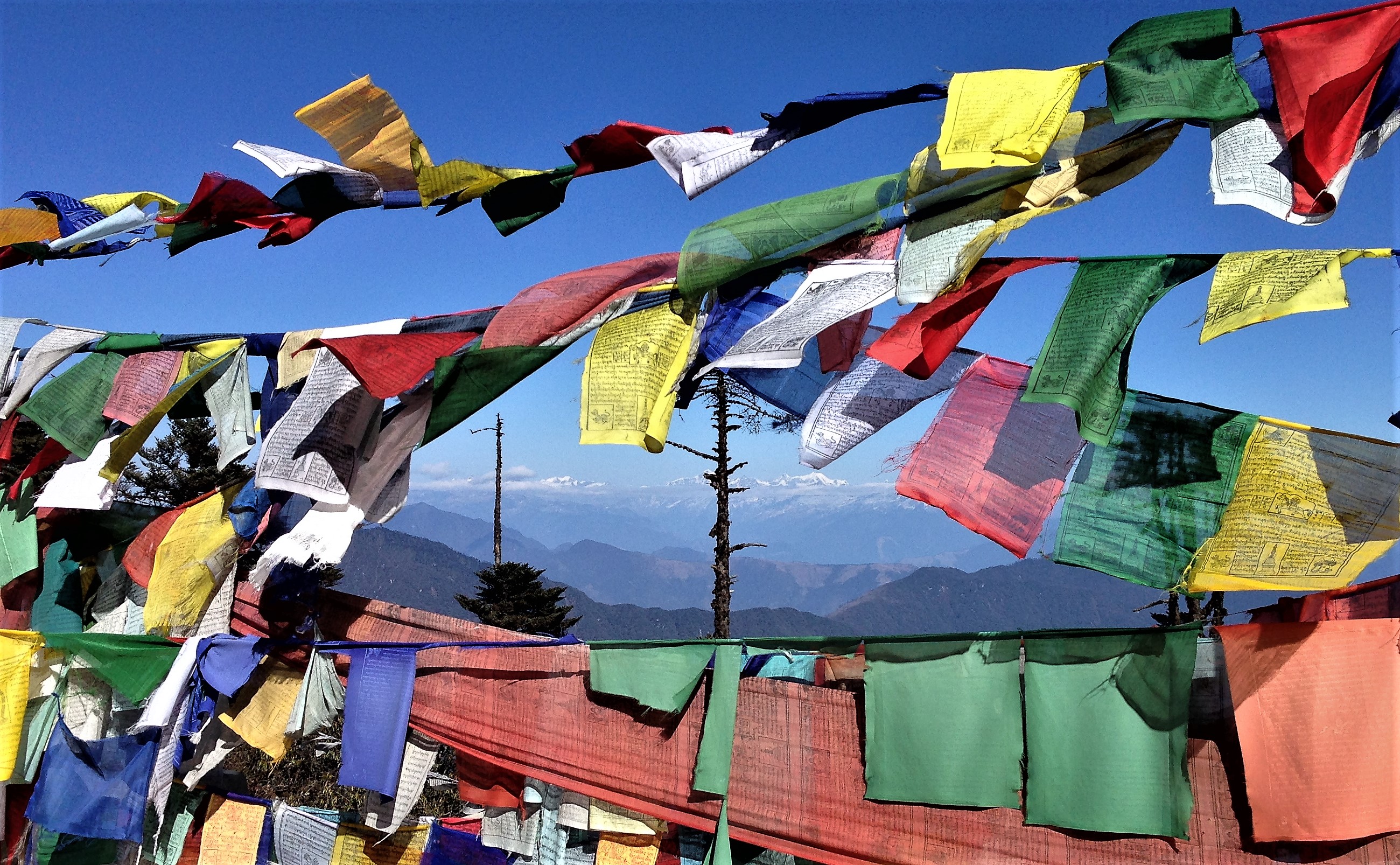
HIMALAYA AND NEW PERSPECTIVES
In 2011, I became Director for the Danish Institute for Parties and Democracy, and after many years of focus on Africa, I got the opportunity to work in countries like Bhutan and Nepal, and this has been a real privilege.
-

DEMOCRACY IN A SMALL KINGDOM
I visited the Kingdom of Bhutan for the first time in 2000. When I returned ten years later, democracy had started to unfold, with political parties and elections. It has been a privilege to be allowed to support this process.
-
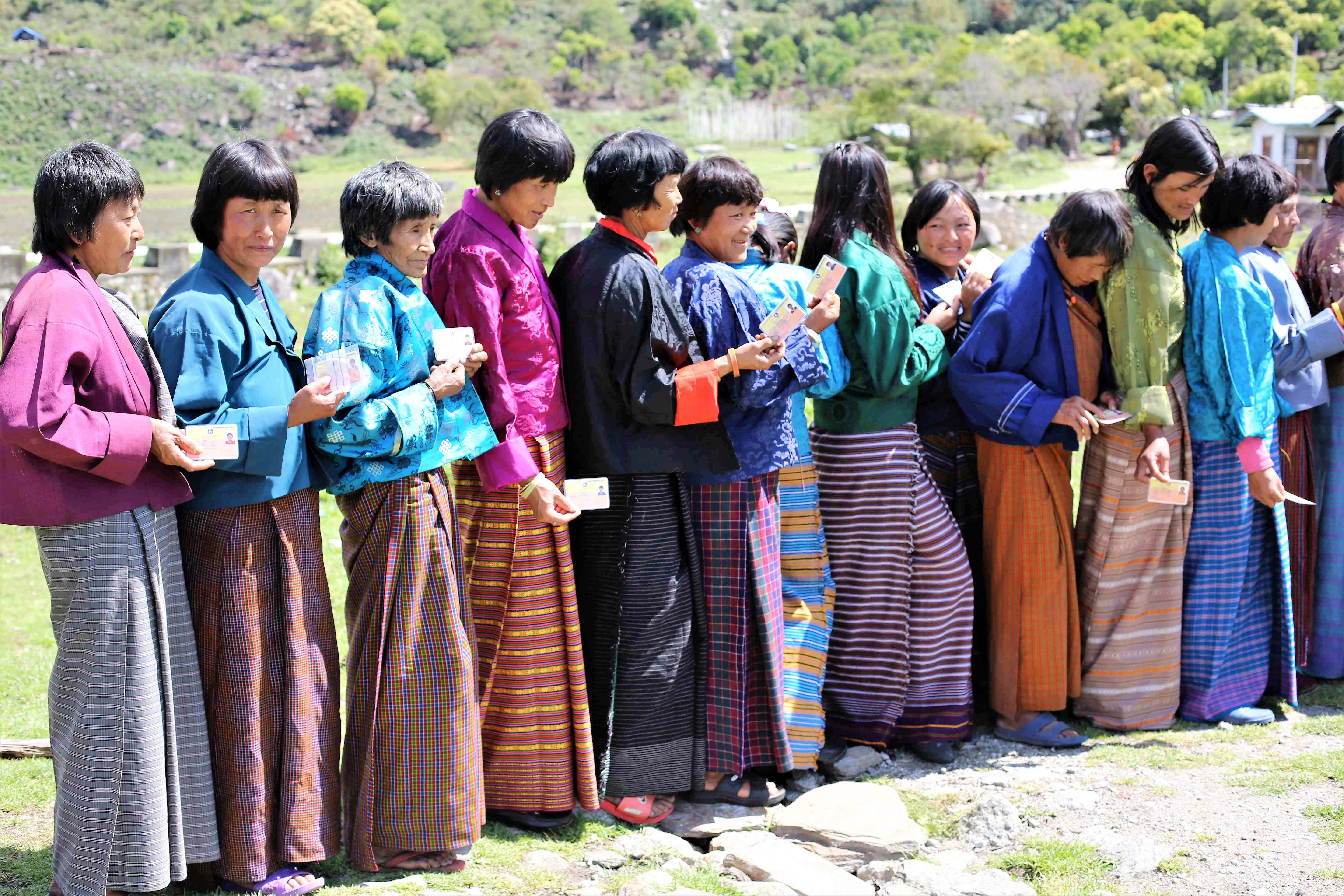
WOMEN MUST BE INCLUDED
Over the years, I have found it very rewarding to support activities that allow women to be full members of society. Today in Bhutan, women not only vote in elections, but they also stand as candidates for election.
-

WOMEN MAKING A DIFFERENCE
In my work in Nepal, I have also met a lot of strong women engaged in politics. Many have endured great hardships and made huge sacrifices. I feel privileged to have been able to work with them.
-

SUPPORT IS NEEDED FROM MEN
On my visits to Nepal, I have also had the op-portunity to travel outside the capital, to meet with the political parties. Discussing the need for the men to support women in the parties has been a key issue.
-
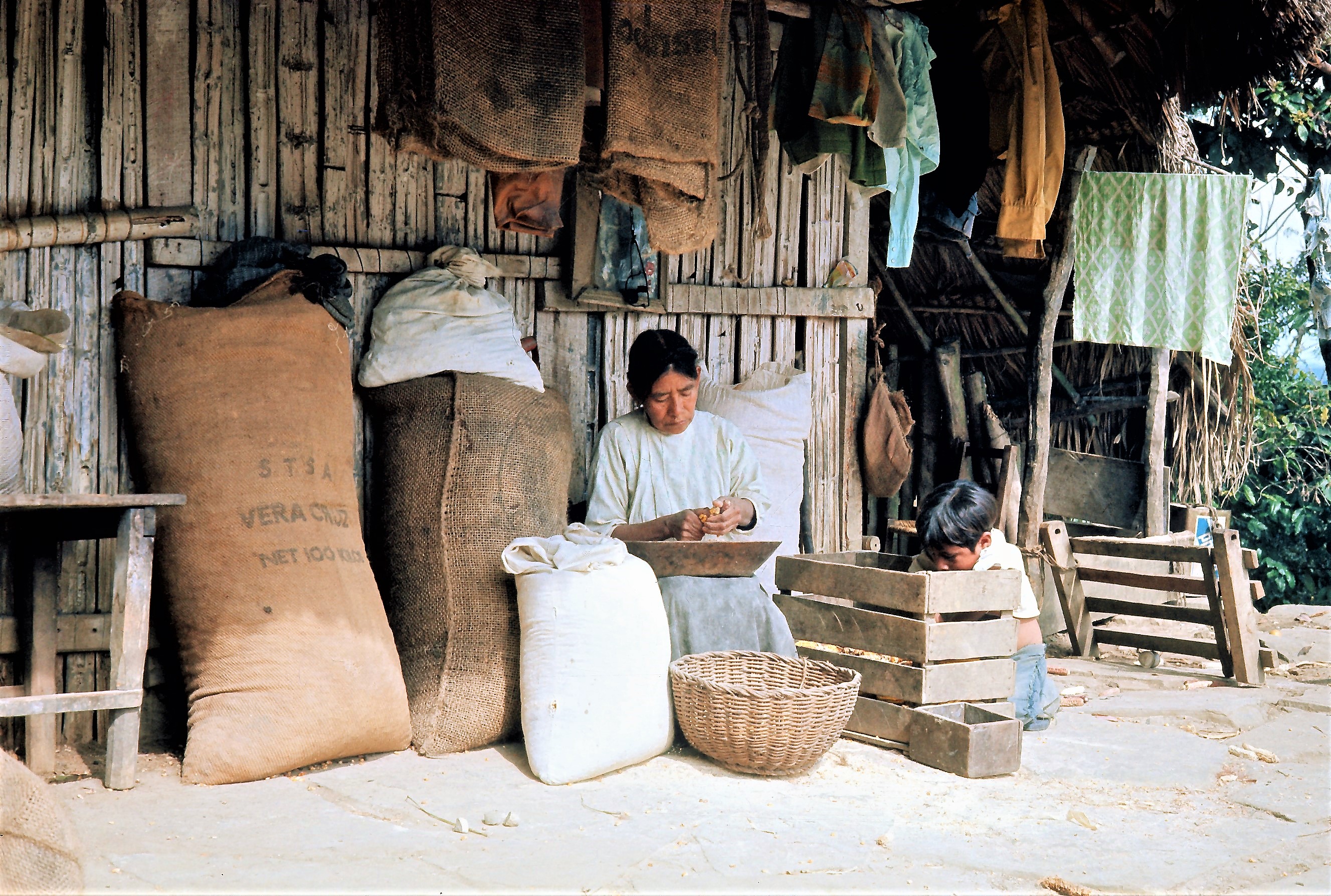
MEETINGS WITH OPEN HEARTS
During four decades of travels to many coun-tries, I have always been impressed with the willingness of people to open their homes and hearts. I believe this is one of many areas where the Danes can learn from others.
-

INCLUSIVE DEVELOPMENT
Populism, nationalism and isolationism is on the rise. It is finally clear to all of us that in particular the poor and marginalized only will benefit if we can develop a different type of globalization than what we have today.
-

INEQUALITY IS A THREAT
Three decades ago, I published a book for high school students called “The Planet is Unequal”. Inequality continues to be a global challenge and a danger, and we should all worry about doing something about it.
-
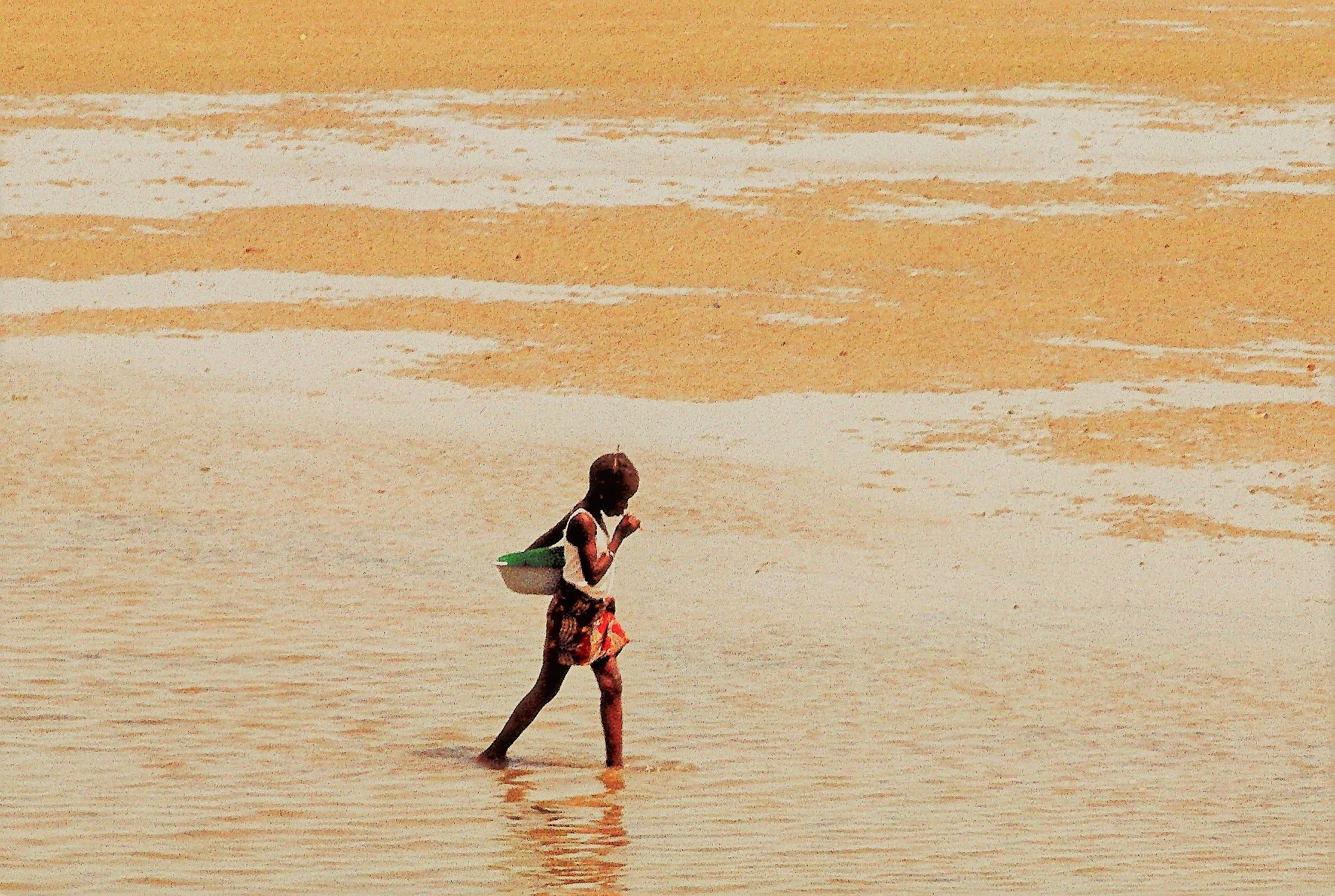
DEPENDING ON EACH OTHER
However isolated each of us may feel, the re-ality is that we all depend on each other. A girl in Africa walking in the low-flowing river may be feeling the consequences of how the Danes consume without knowing it.
-
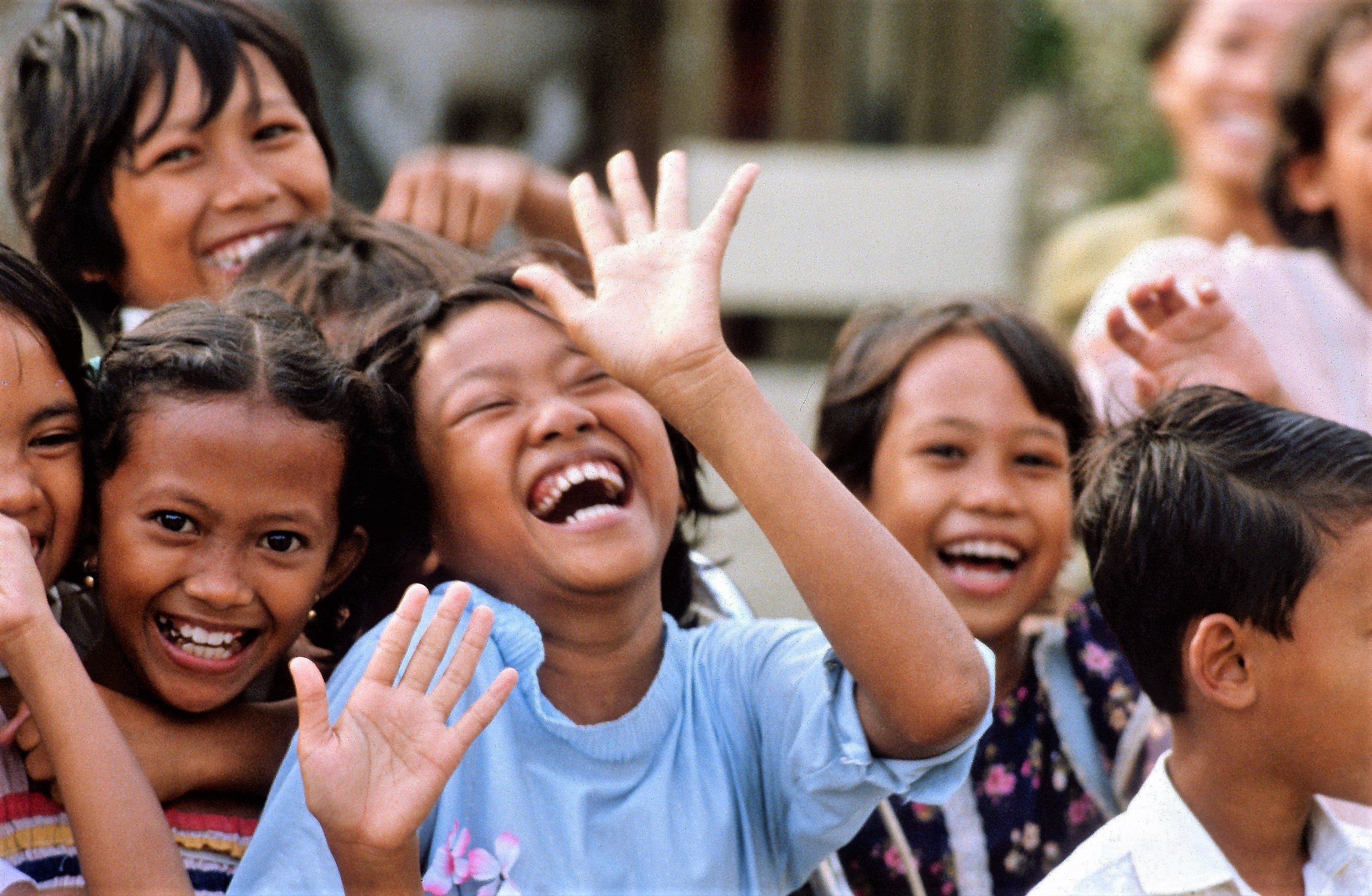
GLOBAL SOLUTIONS NECESSARY
In a world divided and polarized, we must continue to believe in and work for democracy as the best system to find ways to manage diversity in a peaceful manner. We owe this to future generations.